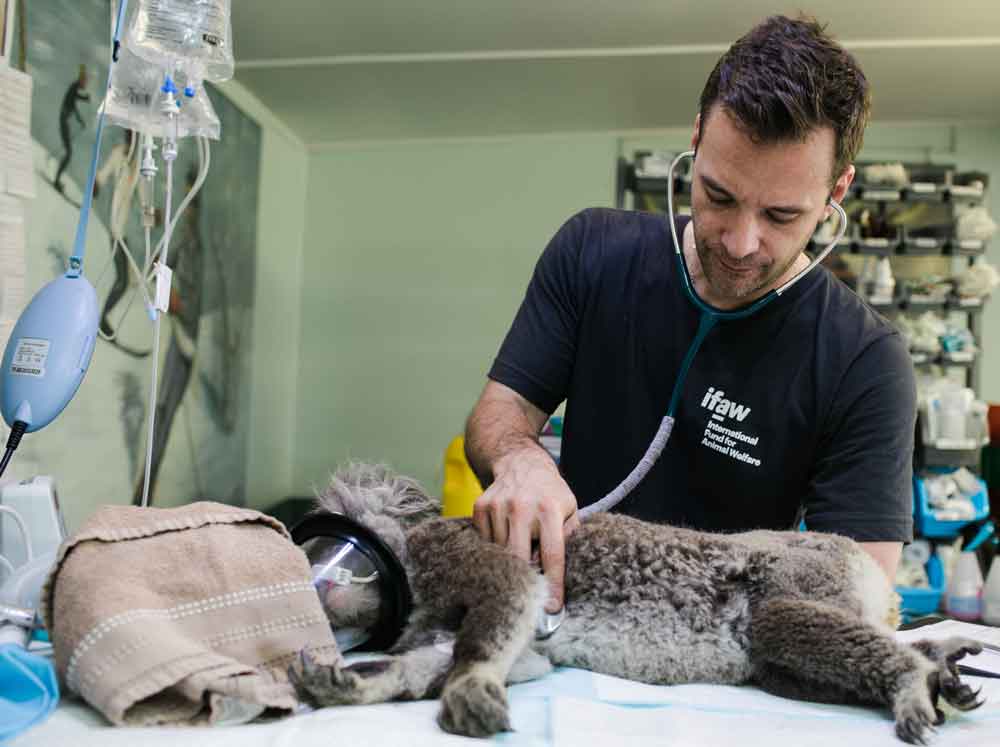Thinking Interested in Becoming a Veterinarian? If you’re looking for a rewarding career with plenty of responsibilities, then a veterinary career might be right for you. You’ll need to complete an accredited Veterinary Medicine degree at a participating university or college. Upon completion, you will be issued your license and will have to register with the state in which you live. Many states require that you become licensed before being able to practice. Here’s what you’ll do after you graduate.
There are three basic kinds of veterinarian that treat animals. Small animal vets work with cats and dogs and can be trained in others including parrots and hamsters. Large animal vets assist farm animals such as horses, cattle, and sheep, as well as exotic pets like snakes. The American veterinary profession is a lot more complex than just the doctors and nurses we see on our television stations, so if you’re thinking of becoming a vet, here’s some advice on salary and schooling to get you started.
Salaries for vet techs vary widely, depending on the area of the country, the size of the animal, what they specialize in, and what kinds of animals are in question. Most vets start out making about forty thousand dollars a year. Jobs in small rural animal hospitals make even less, with jobs as little as twenty-five dollars per hour being common. The most lucrative jobs are usually those that deal with larger animals, such as elephants or zebras.
After graduation, you will need to pass the veterinary medicine exam administered by the Animal Injury Fund (AIF), which consists of two parts. The first part is a written test covering all the relevant biology and physiology. The second section requires applicants to demonstrate that they have a scientific background and understanding of mathematics, anatomy, pharmacology, nutrition, veterinary surgery, veterinary medicine, and business administration. It is not unusual for veterinaries to take at least two years to complete either part of the exam.
Once your veterinary medicine degree has granted you admission into graduate school, you will need to undergo an accredited veterinary medicine internship. This is where you will put your knowledge to the test. Internships range from one to four weeks, but many programs give students the option to extend their work for up to two years. Upon completion, you will be given accreditation and a license to practice. While these credentials aren’t necessary for working in animal shelters or veterinary practices, they do help put your name and skills on par with others in your field. In addition to helping you find a job, they will also impress potential employers.
To obtain an excellent salary as a veterinarian, you will undoubtedly have a lot of experience under your belt. However, even the most seasoned vet knows that it takes time and lots of referrals to build a steady clientele. If you want to get started in this field, you can begin by offering advice and assistance to animals that are sick or suffering from ailments. Don’t be afraid to administer shots, apply topical treatments, or use medications on animals that come to you-you will be able to build a reputation for being an expert in no time.
Some veterinaries choose to continue their education by earning additional degrees, such as an associate’s degree, bachelor’s degree, or a certificate. Although the salary for veterinaries with these types of degrees is generally higher than those who earn an accredited medical degree, they are easier to find employment in the field. The majority of veterinaries begin their careers as family doctors or general practitioners. However, more veterinaries are choosing to obtain a veterinary medicine degree so that they may specialize in certain areas. For example, veterinaries with a degree in infectious diseases can provide advice and treatment for diseases that are primarily caused by animals, while veterinaries specializing in internal medicine can treat pets with diseases that they are prone to contract in the home.
Even if you have no major formal training or work experience in the field of animal medicine, it never hurts to have a bit of experience. Many veterinaries recommend that students complete an internship as well as receiving some hands-on training in the field before entering the workforce full-time. Internships are usually offered at local community colleges, but you can also choose to complete a course through an online university or college. If you plan on working solely in an animal clinic, you should complete a vet-to-vet student program at a university or college that specializes in vet science. These programs will provide you with the information and hands-on training necessary to become a veterinarian.
